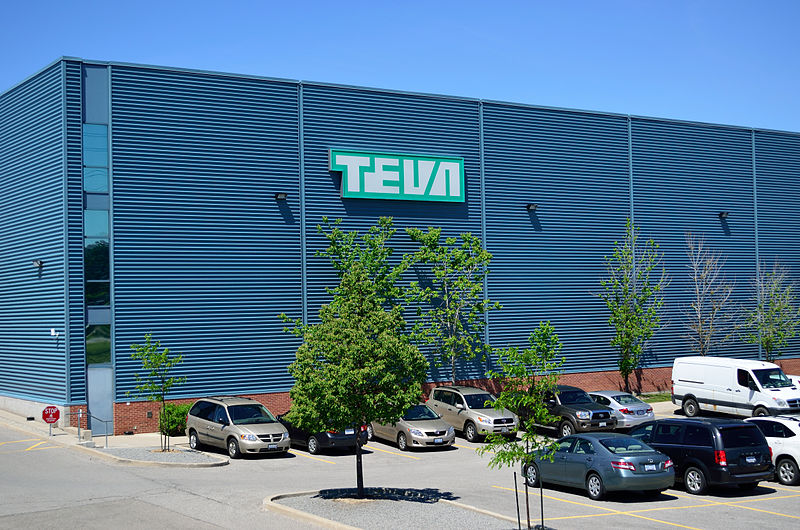Teva and Neos settle over Cotempla patent dispute

Teva and Neos Therapeutics have reached a confidential settlement and licensing agreement that resolves a patent dispute over the Israeli firm's generic version of Neos’ ADHD drug Cotempla XR-ODT (methylphenidate).
Under the settlement and license agreement, Neos has granted Teva the right to manufacture and market its generic version of Cotempla XR-ODT extended-release orally disintegrating tablets in the US under an Abbreviated New Drug Application (ANDA), beginning on 1 July 2026, or earlier under certain circumstances.
In a statement Neos said that the agreement resolves all ongoing litigation involving Cotempla XR-ODT and Teva's ANDA.
“We are pleased to have reached this settlement and will continue to defend our innovative medicines against any challenge,” said Jerry McLaughlin, chief executive officer of Neos Therapeutics.
Shares in Teva rose about 5% on the back of the news, while Neos shares fell 8%.
Neos specialises in developing, manufacturing, and commercialising extended-release (XR) products using its proprietary modified-release drug delivery and orally disintegrating tablet (ODT) technology platforms. Other ADHD products in its portfolio include Adzenys XR-ODT (amphetamine) extended-release orally disintegrating tablets and Adzenys-ER (amphetamine) extended-release oral suspension.
The company reported a net loss of $127 million in Q3 this year, although revenue rose to $12.5 million, $11.9 of which came from ADHD products. It then announced an overhaul of its commercial business in November in which it will realign its ADHD business.
“The ADHD market is very large, with over 70 million prescriptions written annually, and we believe that this optimised sales-force structure and territory realignment deploys our resources to the most appropriate regions and physician targets,” McLaughlin said at the time.
ADHD affects about 4.4% of adults in the US.
The settlement and licensing agreement is confidential and the agreement is subject to submission to the Federal Trade Commission and the US Department of Justice.












